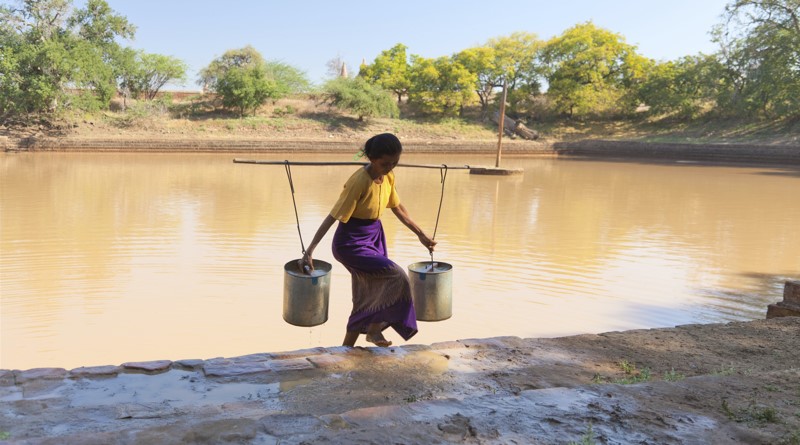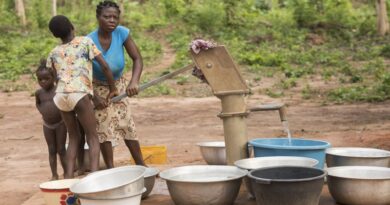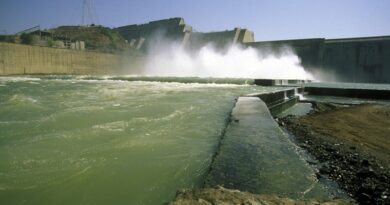‘Expanded efforts needed to address water security, resilience in Asia-Pacific’

Countries across the Asia-Pacific need to greatly expand efforts to address water security and resilience needs and ‘business as usual’ approach can’t work to tackle the water-security challenges in the region, a top official of the Asian Development Bank (ADB) said recently.
Addressing the Asia Water Forum (AWF) 2022, ADB’s Managing Director General Woochong Um said for too long water has been undervalued and treated as an infinite resource, causing its waste and misuse. “Our region’s water security challenges cannot be solved following a ‘business as usual’ approach,” Um said.
Demand for food and energy is continuing to rise in line with population growth and economic development. In Asia and the Pacific, 500 million people lack access to a basic water supply and 1.14 billion people lack access to sanitation. In recent years, the region has experienced increasing frequency and severity of water-related disasters, including flood and droughts.
The Asia-Pacific region continues to be a fast-growing and dynamic region. The overall trend for urbanization will see an estimated 2.5 billion people or 55 per cent of the population living in urban areas by 2030.
Water security remains a significant challenge, especially as water demand is projected to increase by about 55 per cent due to growing demand from domestic and industrial sectors. The agriculture sector will also need to produce much more food for the growing population, competing for already diminishing water resources. Also, the region faces constant threat of disasters exacerbated by climate change.
“Since the last Asia Water Forum held in 2018, our challenges have compounded,” Um said.
“The world has suffered from the COVID-19 pandemic; we are now facing a food security crisis; and the impacts of climate change—importantly those felt through water—are becoming increasingly apparent. These realities have underscored the need to quadruple our efforts to address water security and resilience needs”, Um was quoted as saying in an official statement.
According to the Asian Water Development Outlook 2020, ADB’s flagship water publication, the region has seen gradual improvements in water security, yet 22 out of 49 ADB developing member countries (DMCs) remain “water insecure”. This represents more than 2 billion people, or about half of the region’s population.
AWF 2022 took place on August 8–11 under the theme of a resilient and water-secure Asia and Pacific. The forum provided a platform for experts to share experience on water developments, innovations, and technologies across the region. Participants include ADB DMC governments, water utilities, development partners, the private sector, water-related organizations, research centers and academia, civil society, and other stakeholder groups.
AWF 2022 also featured the launch of the Asia and the Pacific Water Resilience Hub — an open platform dedicated to strengthening water security in the region. The hub will establish partnerships, provide training opportunities, and develop and share knowledge, innovative methods, tools, data, and digital technologies. The hub will enable water utilities, policymakers, and resource managers to build resilience by collating the best resources on offer in one smart system.



